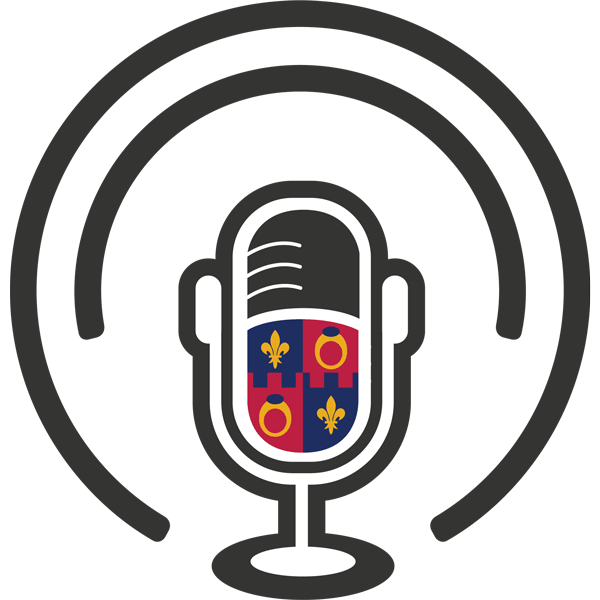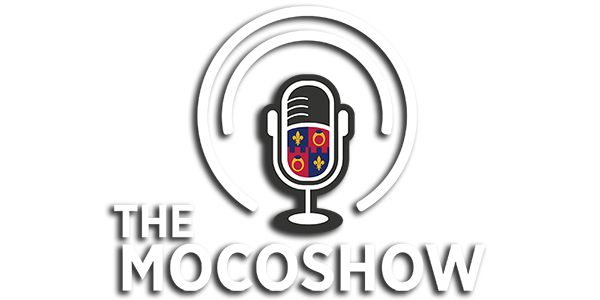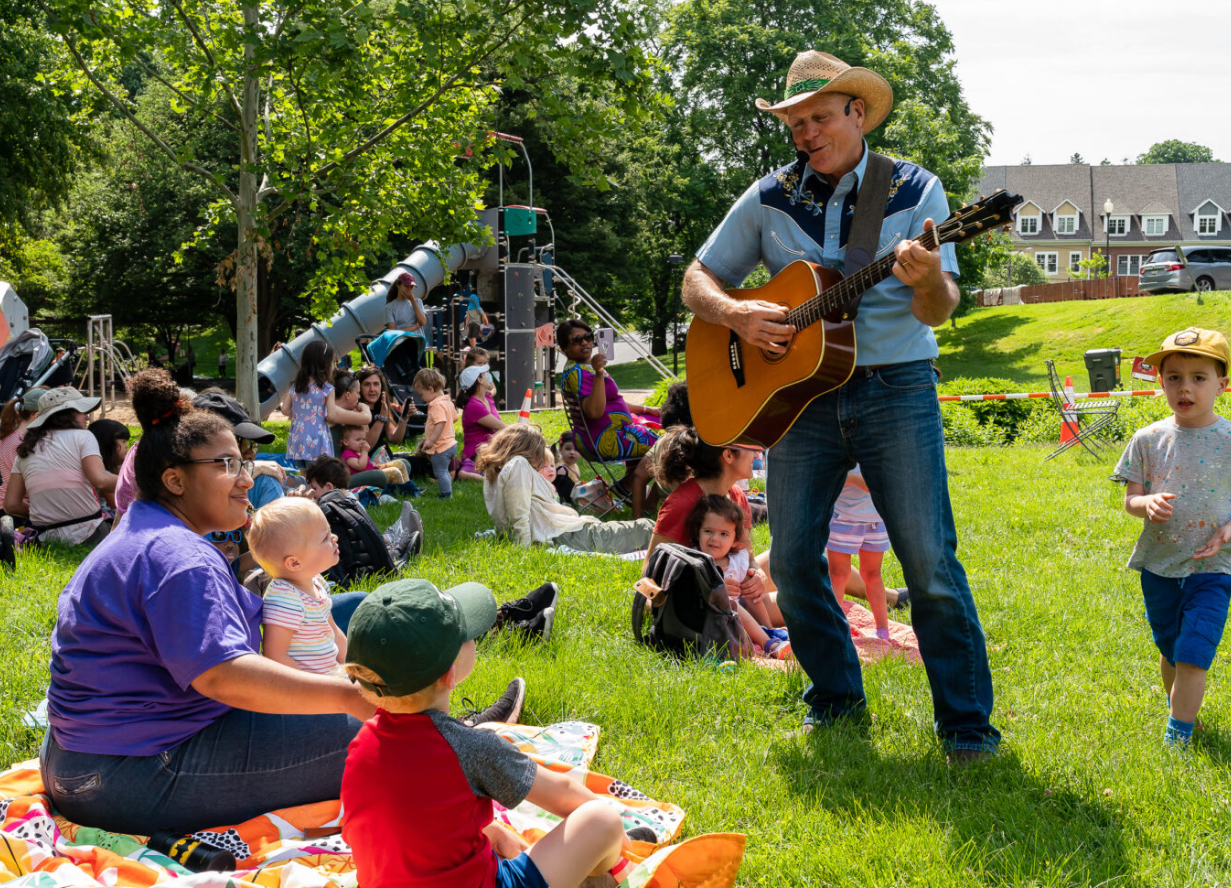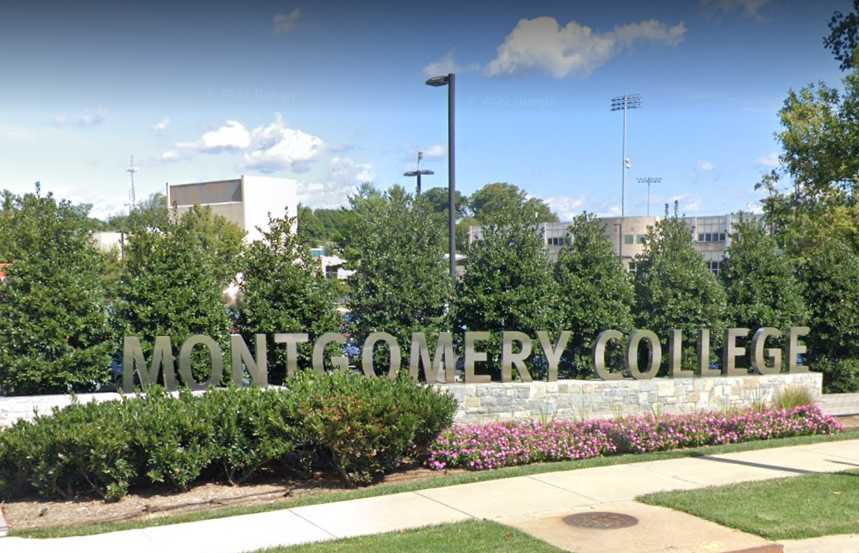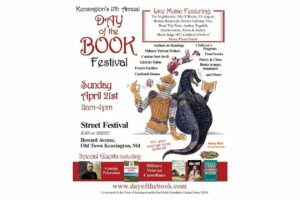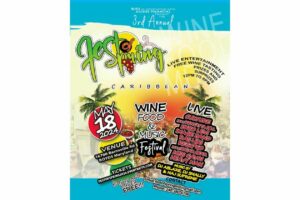Last April, Montgomery Parks opened the Josiah Henson Museum and Park, a 3.34-acre park located at 11420 Old Georgetown Road in the Luxmanor Community of North Bethesda. The museum and park is dedicated to telling the story of resilience and perseverance in overcoming slavery, based on the detailed words and experiences of Josiah Henson – enslaved in Montgomery County for much of his life.
The Josiah Henson Museum and Park tells the inspirational life story of Reverend Josiah Henson, who was born into slavery yet defied the odds to become an influential author, abolitionist, minister, public speaker, and a world-renowned figure. One of Henson’s many accomplishments was his 1849 autobiography, The Life of Josiah Henson, Formerly a Slave, Now an Inhabitant of Canada, which inspired Harriet Beecher Stowe’s landmark anti-slavery novel, Uncle Tom’s Cabin.
Who is Josiah Henson?
Josiah Henson was born on a farm near Port Tobacco, Charles County, Maryland, on a plantation owned by Francis Newman, in June of 1789. His father was enslaved by Francis Newman whereas Josiah Henson, his mother, and his siblings were enslaved by Dr. Josiah McPherson.
When Henson was a young boy, his father was punished for standing up to an overseer of enslaved people. He received a hundred lashes, and his right ear was nailed to the whipping post and then cut off. His father was sold away to Alabama. Josiah also experienced hardships and sufferings at the hands of his masters as well, including having his arms broken and several other injuries.
Following his family’s enslaver’s death, young Josiah was separated from his mother, brothers, and sisters. Henson’s siblings were sold first via auction. His mother was bought by Issac Riley of Montgomery County and when she pleaded to her new enslaver to purchase Josiah Henson, Riley responded by hitting and kicking her.
Josiah Henson was sold to Adam Robb of Rockville, Montgomery County. Adam Robb encountered Issac Riley and struck a deal, which resulted in Henson being sold to Riley and was reunited with his mother. Josiah Henson became very ill and his mother pleaded with enslaver, Isaac Riley, and Riley agreed to buy back Henson so she could at least have her youngest child with her, on the condition that he would work in the fields.
Henson rose in his enslaver’s esteem, and was eventually entrusted as the supervisor of his Riley’s farm, located in what is now considered North Bethesda in Montgomery County. In 1825, Riley fell onto economic hardship and was sued by a brother-in-law. Desperate, he begged Henson, with tears in his eyes, to promise to help him. Duty bound, Henson agreed. Riley then told him that he needed to take eighteen people which he enslaved to his brother in Kentucky by foot. They arrived in Davies County, Kentucky, in the middle of April 1825 at the plantation of Amos Riley.
In September 1828, Henson returned to Maryland in an attempt to buy his freedom from Issac Riley. He tried to buy his freedom by giving his master $350, which he had saved up, and a note promising a further $100. Riley, however, added an extra zero to the paper and changed the fee to $1,000. Cheated of his money, Henson returned to Kentucky and then escaped to Kent County, Upper Canada, in 1830, after learning that he might be sold again. In the last of these attempts to attain freedom, Amos Riley agreed to give Josiah his freedom in exchange for $300. Josiah raised the money only to find that his enslaver had raised the fee. Soon after, Henson learned that Riley planned to sell him in New Orleans, Louisiana, separating him from his wife and four children. When he found this out, Henson became determined to escape to Canada to gain his freedom. He took his family with him, including his wife and their children to start the new life northward
After convincing his wife to escape with him, Henson’s wife created a knapsack large enough to carry both of their smallest children; the eldest two would accompany his wife. The Henson family left Kentucky, traveling through the night, and sleeping in the woods throughout the day. They crossed into Indiana, then into Cincinnati. As the Henson family was crossing Hull’s Road in Ohio, Josiah’s wife fainted from exhaustion. As they continued on, they encountered Native Americans, and were reinvigorated with food and rest.
After crossing a lake in Ohio, Josiah encountered Captain Burnham, a ship captain, who agreed to transport the Henson family to Buffalo, New York; from there they would cross the river into Canada. Upon setting foot into Canada, Josiah Henson described the ecstatic feelings of liberation by throwing himself onto the ground and rejoicing with his family. On October 28, 1830, Josiah Henson became a liberated man.
Josiah Henson described the living conditions during his time being enslaved in Montgomery County at the turn of the 1800s:
“We lodged in log huts, and on the bare ground. Wooden floors were an unknown luxury. In a single room were huddled, like cattle, ten or a dozen persons, men, women, and chil- dren. All ideas of refinement and decency were, of course, out of the question. We had neither bedsteads, nor furniture of any description. Our beds were collections of straw and old rags, thrown down in the corners and boxed in with boards; a single blanket the only covering. The wind whistled and the rain and snow blew in through the cracks, and the damp earth soaked in the moisture till the floor was miry as a pigsty. Such were our houses. In these wretched hovels were we penned at night, and fed by day; here were the children born and the sick—neglected.”
Recent Stories
17th Annual Kensington Day of the Book Festival
Now in its 17th year, the Kensington Day of the Book Festival is a family-friendly street festival featuring 150+ renowned authors, poets, and literary organizations. Enjoy live music on five stages, special guest speakers, military veteran writers and comedians, poetry readings, cookbook demos, children's program, and much more.
Admission is free, and attendees will also be able to explore a marketplace of books and food offerings from local vendors.
Not your average book festival! This festival offers something for everyone!
17th Annual Kensington Day of the Book Festival
Sunday, April 21, 2024, 11am-4pm (held rain or shine!)
Howard Avenue, Kensington, MD 20895
www.dayofthebook.com
Instagram: @kensingtonbookfestival
Contact: Elisenda Sola-Sole, Festival Director
301-949-9416 (text preferred)
FEST OF SPRING Caribbean Wine Food & Music Festival
Get ready to experience the vibrant colors, tantalizing flavors, and infectious rhythms of the Caribbean at the FEST OF SPRING Caribbean Wine Food & Music Festival! Hosted by RHU LLC, this exciting festival is set to take place on May 18, 2024, at the picturesque 16700 Barnesville Rd in Boyds, MD.
Step into a world where the Caribbean spirit comes alive! From 12:00 PM onwards, immerse yourself in a sensory journey that celebrates the unique culture, cuisine, and music of the Caribbean. Whether you're an African American, a Reggae or Soca music enthusiast, a wine lover, or part of the vibrant Caribbean diaspora, this festival promises to delight and captivate you in every way.
Let the enticing aromas of mouthwatering Caribbean dishes tantalize your taste buds. Feast on traditional delicacies prepared by expert chefs, showcasing the rich and diverse culinary heritage of the Caribbean. Indulge in flavorful jerk chicken, succulent seafood, and delectable plantain dishes that will transport you straight to the islands.
Accompanying the culinary extravaganza is a carefully curated selection of premium wines, ensuring the perfect pairing for your palate. Sip on fine wines from renowned vineyards, each sip a reflection of the Caribbean's vibrant spirit. Discover new flavors, expand your wine knowledge, and savor unforgettable moments with every glass.
As the sun sets, get ready to groove to the infectious rhythms of Caribbean music. Feel the pulsating beats of reggae, soca, dancehall, and calypso, moving your body to the lively melodies. Live performances by talented musicians and performers will keep the energy high, ensuring a night of unforgettable entertainment.
Don't miss this opportunity to embrace the Caribbean spirit and celebrate the arrival of spring in style! Tickets are available on AllEvents, so secure your spot today. Join us at the FEST OF SPRING Caribbean Wine Food & Music Festival, where cultures collide and unforgettable memories are made.
LIVE PERFORMANCES By: CULTURE Feat. Kenyatta Hill, EXCO LEVI, IMAGE BAND, RAS LIDJ REGG'GO with Special Guest SUGAR BEAR FROM E.U. & MORE! & MORE!
MUSIC By: DJ ABLAZE, DJ SMALLY & NAJ SUPREME
2 NIGHT Camping packages available: RV/CAMPER $200 | TENTS $150 Starting on Friday May 17 @ 5pm | 30 RV SPACES | 30+ TENT SPACES
KIDS 12 & UNDER FREE!!!
